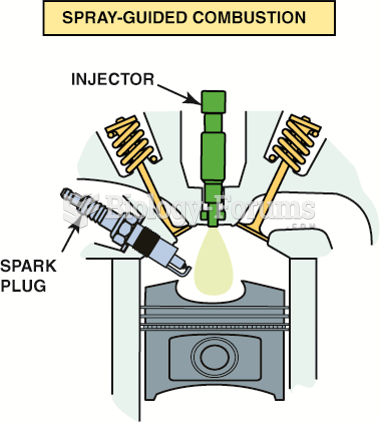|
|
|
ACTH levels are normally highest in the early morning (between 6 and 8 A.M.) and lowest in the evening (between 6 and 11 P.M.). Therefore, a doctor who suspects abnormal levels looks for low ACTH in the morning and high ACTH in the evening.
More than 30% of American adults, and about 12% of children utilize health care approaches that were developed outside of conventional medicine.
About 60% of newborn infants in the United States are jaundiced; that is, they look yellow. Kernicterus is a form of brain damage caused by excessive jaundice. When babies begin to be affected by excessive jaundice and begin to have brain damage, they become excessively lethargic.
Hip fractures are the most serious consequences of osteoporosis. The incidence of hip fractures increases with each decade among patients in their 60s to patients in their 90s for both women and men of all populations. Men and women older than 80 years of age show the highest incidence of hip fractures.
The newest statin drug, rosuvastatin, has been called a superstatin because it appears to reduce LDL cholesterol to a greater degree than the other approved statin drugs.
 Becoming a Certified Medical Assistant may demonstrate your commitment to the profession and the con
Becoming a Certified Medical Assistant may demonstrate your commitment to the profession and the con
 Air-conditioning refrigerant oil must be kept separated from other oils because it contains traces ...
Air-conditioning refrigerant oil must be kept separated from other oils because it contains traces ...





